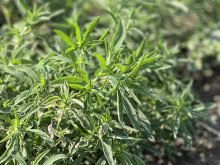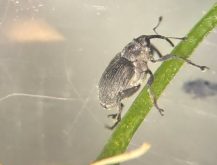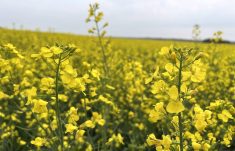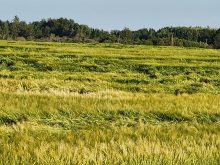SOUTHWEST REGION
Dry weather conditions over the past week allowed most producers to complete seeding.
Early-seeded cereal crops are in the three-to four-leaf stage. Canola and flax are emerging with some of the early-seeded canola in the one-to two-leaf stage. Winter wheat and fall rye are progressing with some fall rye starting to head.
Some canola fields were reseeded over the past week as a result of either freezing temperatures, dry conditions or flea beetle pressure. Early-seeded fields are being sprayed for weeds but overall very little in crop spraying has been done.
Read Also
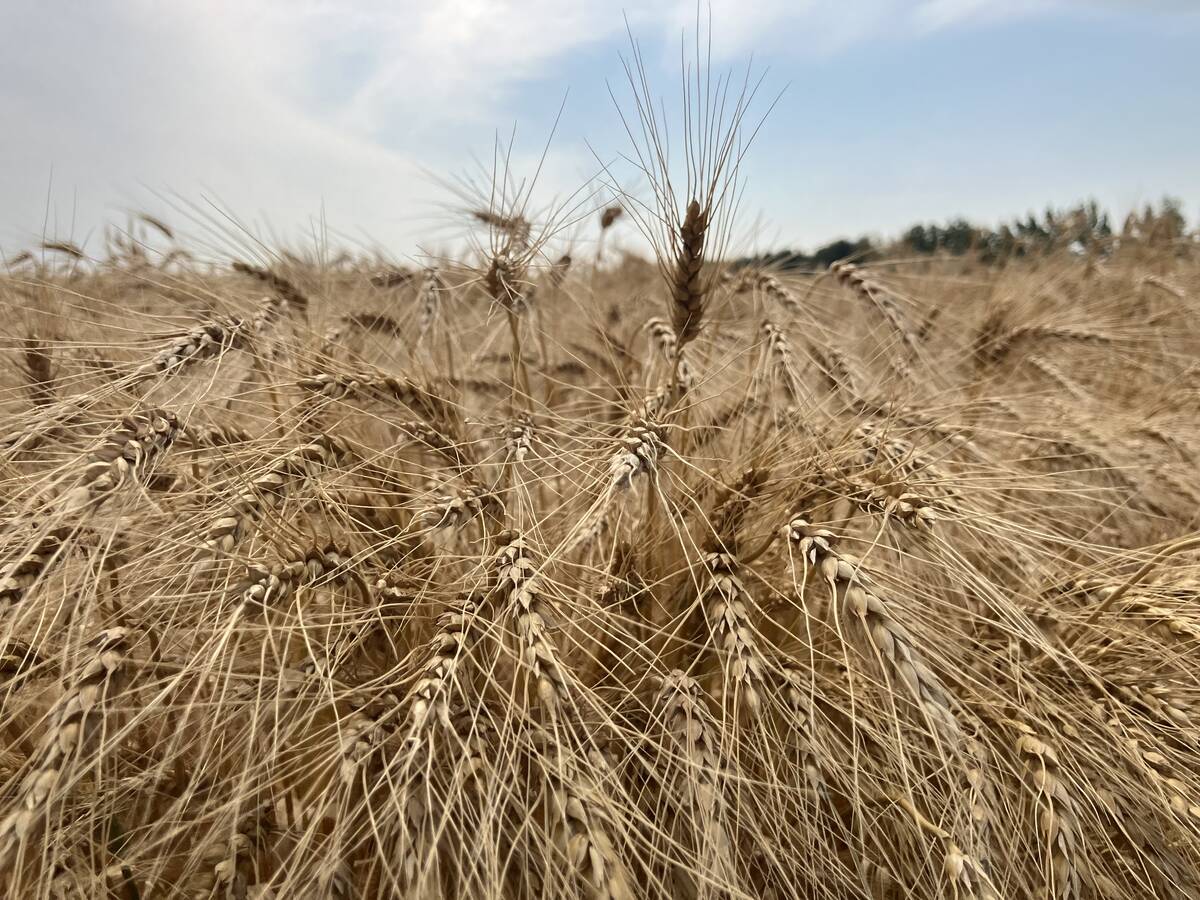
THROWBACK: Optimizing crop selection for Prairie organic producers
Stop settling for conventional data. Discover the essential plant traits organic farmers need — from seed size to height — for better yields.
Pastures are in poor con-di tion as rain and warm weather is needed for growth.
NORTHWEST REGION
Seeding is finishing up across the region with the exception of McCreary, Alonsa, Sifton, Keld and Ethelbert areas because of excess moisture.
Crop emergence varies with five to 35 per cent of the crops emerged around The Pas, Dauphin and Ste. Rose areas to 85 per cent emerged in Swan River and Roblin. The early-seeded wheat crops are beginning to tiller.
With frost being recorded across the region, once crops are assessed some canola acres may need to be reseeded.
Herbicide applications are being delayed because of cool, windy weather. Low numbers of diamondback moths have been caught in traps.
CENTRAL REGION
Seeding progress is variable due to the wet conditions in some parts of the region. Seeding of edible beans is still occurring.
Frost was recorded across the region on June 6. Assessments for frost damage will occur over the next several days. Once the extent of crop injury is determined, some reseeding may occur.
Early-seeded cereals are being sprayed for weeds. Cutworms are causing a concern in sunflower fields in areas from Holland/Treherne north to Austin/MacGregor. Fields are being sprayed where populations are above economic thresholds. Flea beetle activity continues to be a concern.
Potato germination is slow. Seed piece decay has been reported in the early-seeded fields because of wet, cool conditions.
Alfalfa fields are 25 to 30 cm tall. Pasture growth continues to be slow due to the cooler temperatures.
EASTERN REGION
Significant seeding progress was made across the entire region. Cereal seeding is 50 per cent to 100 per cent complete, canola is 70 to 100 per cent complete, sunflowers are 65 to 90 per cent complete and flax is 70 to 90 per cent complete. Except for acres intended for silage, corn planting is complete. Soybean and field pea seeding is complete. Southern districts of the region still remain the furthest behind in seeding progress.
Early-seeded cereals are in the two-to three-leaf stage. Canola crops range from the cotyledon stage to two-leaf stage. Corn emergence has been reported. Overall crop development has been slow due to cool temperatures.
Freezing temperatures were recorded in some parts of the region. Once crops are assessed for frost damage, some reseeding may occur.
Some herbicide applications have taken place. Spraying for flea beetles has occurred in some early-seeded canola fields.
Winter wheat fields that remain are rated as fair to good and herbicide applications will begin to control wild oats and broadleaf weeds.
Hayfield conditions are rated as fair to good with growth cont inuing to be slow. Producers are planting alternative annual forages to supplement feed supplies. Pasture conditions are rated as fair to good with pastures demonstrating slow growth.
INTERLAKE REGION
Cool temperatures prevailed for most of the week with frost occurring on Saturday morning.
In the southern parts of the region, most producers have finished or are almost finished seeding. The northern areas of the Interlake region saw good seeding progress late in the week and through the weekend with progress ranging from just starting to 70 per cent complete. Seeding in some areas continues to be delayed due to wet soil conditions.
Crop development continues to be slow under the cool growing conditions. Cereal crops range from the one-to three-leaf stage. Canola crops range from the cotyledon stage to the one-leaf stage. Soybean crops are starting to emerge.
Due to the frost event on the weekend, canola crops are being monitored for signs of regrowth from the growing point. If crop injury warrants, fields may be reseeded.
Herbicides applications have started on winter wheat and fall rye crops.
Hayfields and pasture growth remain slow due to cool weather.


